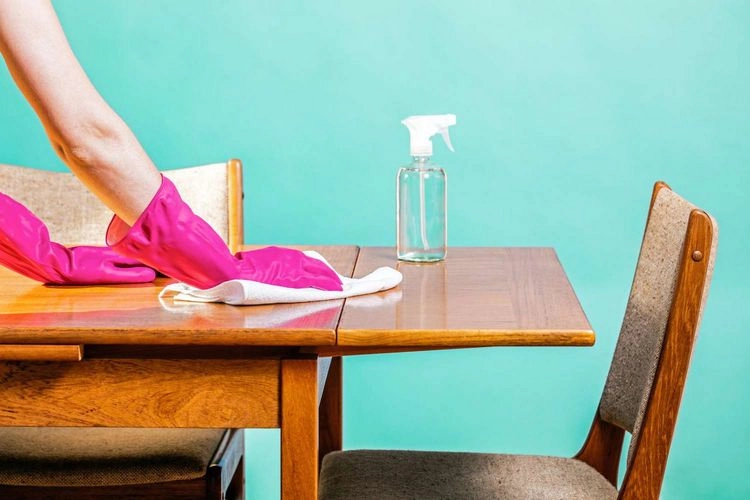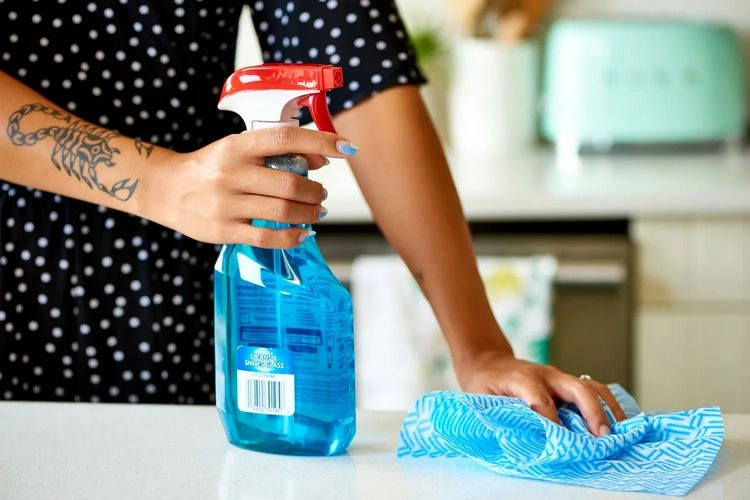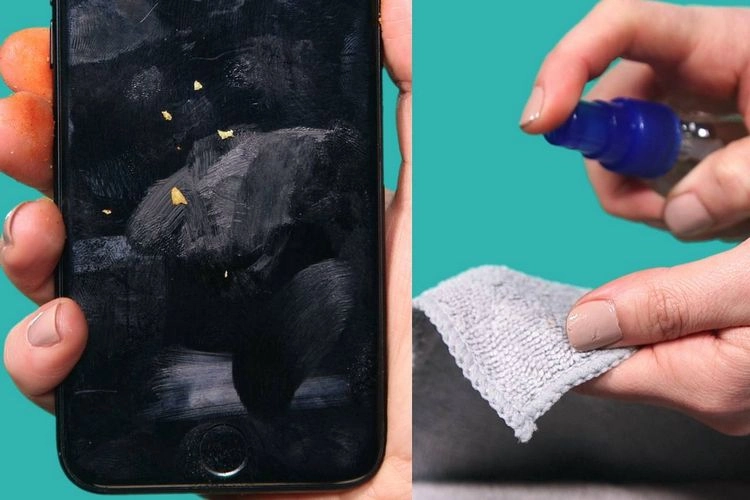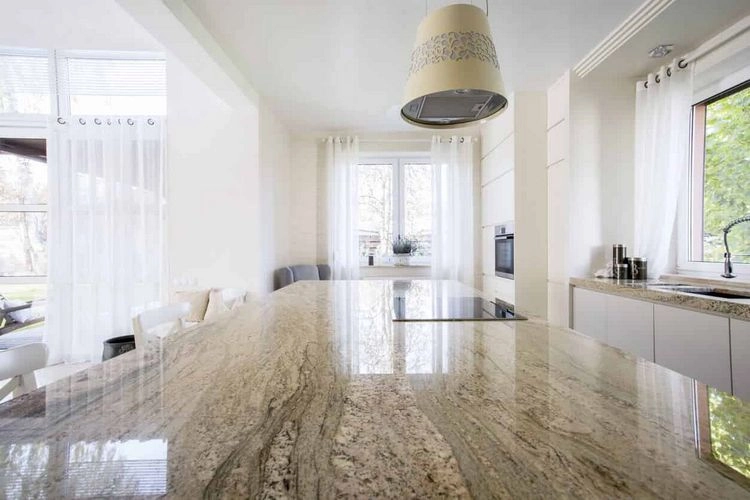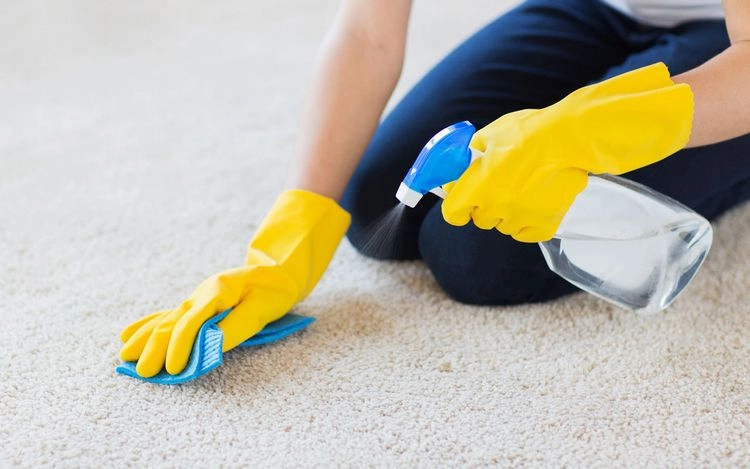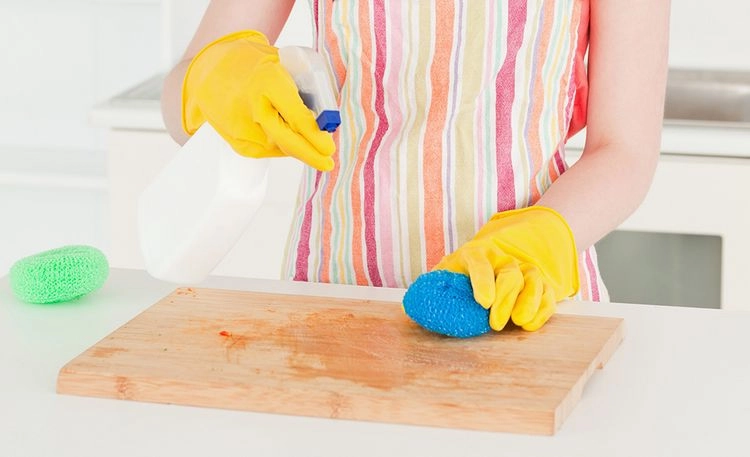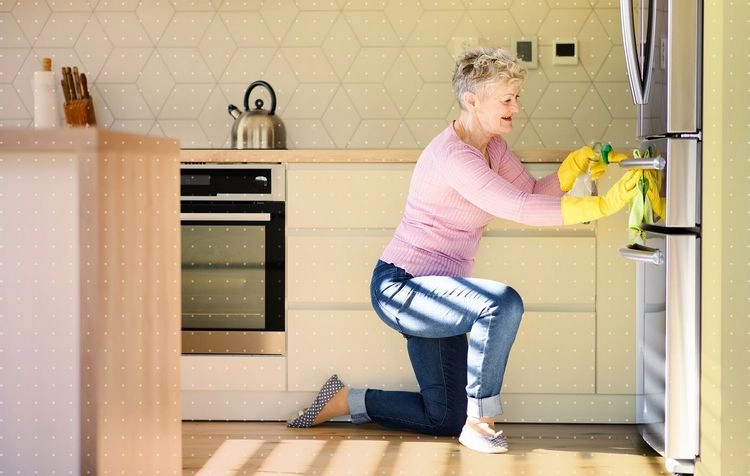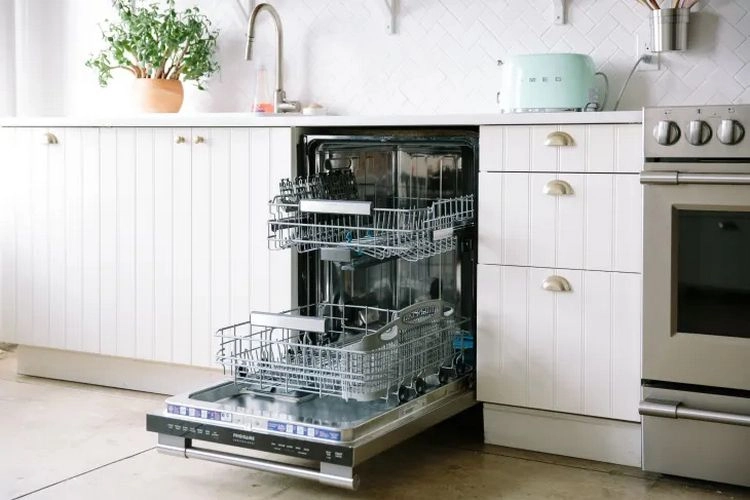Adding glass cleaner to your cleaning arsenal can have a significant impact. This bright blue cleaner can be used on a variety of surfaces, from windows to shower tiles, and is gentler than other all-purpose cleaners. But is the product suitable for all surfaces?
However, despite the seeming contradiction, window cleaner should never be used on certain items. The question then arises: “What not to clean with glass cleaner?” For some surfaces, the product is harmful. Discover more information about what not to clean with glass cleaner in the following article.
Wooden Furniture or Floors
Regular cleaning of furniture and surfaces made of wood is essential. However, this does not mean that glass cleaner can be used to remove stubborn stains. Glass cleaner should not be used on untreated or delicate wood. Otherwise the surface of your wooden furniture could be damaged.
Hardwood floors and other surfaces with heavy coatings and finishes can be cleaned with window cleaner in small amounts – however, using window cleaner on fine wood surfaces like veneered coffee tables or unpolished bookcases can leave drip marks and ugly stains.
You can make a natural cleaner at home using vegetable oil and white vinegar and achieve a similar effect. You can use it to remove spills, stubborn stains and other dirt without damaging the surface of your wooden floor. To make your wooden floors look like new, you can also use hot water and olive oil.
What Not to Clean With Glass Cleaner? Displays of Electronic Devices
Need a quick solution to remove oily fingerprints from your computer, tablet or smartphone screen? Never clean a screen with glass cleaner. While it can degrease and clean your screens, the chemicals it contains are too strong to be used frequently.
TV and cell phone screens are extremely delicate and glass cleaner can destroy them. To restore their shine, wipe them with a microfiber cloth dampened with diluted vinegar. You can also use disinfectant wipes to prevent the spread of germs.
Granite or Marble
While glass cleaner can be effective on some countertop materials, it should not be used on natural stones such as granite or marble as it can cause permanent damage. The chemicals in window cleaner can damage the sealant on your countertops, causing the polish to lose its shine and leaving ugly stains.
Heavily Soiled Kitchen
Kitchens with dirty, oily surfaces are a breeding ground for germs. Use natural detergents to get rid of oil stains, stubborn stains, food residue and other dirt. Avoid using glass cleaner on countertops at all costs – it won’t remove stubborn stains effectively.
Spray a solution of vinegar and water on the surface, then wipe with a dry microfiber cloth. You can use baking soda to make a thick paste that you can apply to countertops to remove stubborn stains such as dried food, spilled drinks and coffee stains. It’s also a natural way to get rid of unpleasant odors.
Removing Stains on Carpets with Glass Cleaner – A No-Go
Carpet stains can be removed without glass cleaner or other harsh chemicals. They are too rough and could ruin your delicate carpets. Vinegar spray, baking soda, borax, hydrogen peroxide, mild dishwashing detergents, rubbing alcohol are great examples of non-abrasive cleaning solutions.
Car Windows and Windshield
Glass cleaner is not a risk-free option for cleaning your car’s windows and windshield. Ammonia-based cleaning solutions can attack the tint on your car windows, causing them to peel over time, and can cause streaks and cloudy spots that can make driving very difficult.
Cleaning the Cutting Board with Glass Cleaner?
Don’t try to remove stubborn stains from your cutting board with glass cleaner. Use lemon, salt, and other natural detergents instead of ammonia-based chemicals to get rid of dirt and germs.
Plexiglass
Homeowners often make this big mistake – they clean their Plexiglas framed artworks with glass cleaner or even their shower enclosures. However, glass cleaners that contain ammonia will ruin the plexiglass.
What Not to Clean With Glass Cleaner? Stainless Steel Surfaces
It is not recommended to use glass cleaner on stainless steel appliances. It is not a good idea to take a risk as the agent can be harmful to the stainless steel.
Copper
The alcohol content of a glass cleaner can permanently stain the patina of the copper.
Dishwasher
Glass cleaners contain chemicals that should not come into contact with food. Therefore, the agent should never be used in the dishwasher, not even when cleaning the machine.
Also read: How to clean the dishwasher and disinfect it? Tips and home remedies that work well!
Be Careful with Your Skin
Never use glass cleaner or other harsh chemicals on your skin. They can be very harmful to the skin and give the impression of dryness.

